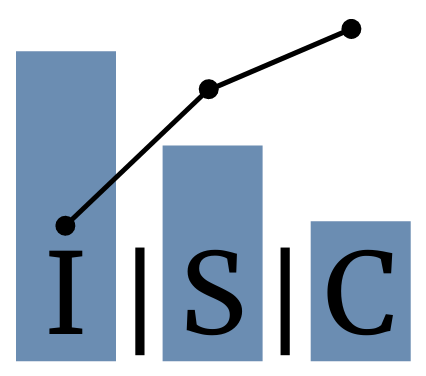Definition of Improvement Science
Improvement science is an evolving field of study focused on the theories, methods, and practices that facilitate or hinder organizational efforts to continuously improve performance.
Improvement science:
Is an applied science, primarily concerned with solving practical problems.
Is interdisciplinary drawing on clinical science, systems theory, psychology, statistics, and other fields.
Contends that improvement comes from a combination of improvement skills and subject matter expertise.
The challenges we face in education, health care, and social welfare are multifaceted, reflecting the complex systems in which we live. Out of urgency and often the best of intentions, organizations implement new policies, technologies, and other innovations to tackle these issues, and hope for the best. However, addressing these challenges requires more than heroic individuals with silver-bullet solutions. We need teams with diverse expertise that know how to learn together and use their collective knowledge to redesign our social systems for the improved well-being of our communities.
Journey to Improvement serves as a road map for teams that are ready to follow a different path to better outcomes. Drawing on their decades of on-the-ground experience, the authors walk teams through the phases of an improvement journey from launching the team to trying ideas in practice to spreading those that work. This book highlights the personal, relational, and technical aspects of taking an improvement science approach and illustrates these ideas through real-world examples from across the social sector and around the world.
Use code 4S24IMPROVE for 30% off your order from Rowman.com!
Introduction to Improvement Science: Reading List
We’ve compiled a list of foundational reading materials regarding the field of improvement science:
The Seven Propositions of the Science of Improvement published by Quality Management in Health Care, September 2013
Authors: RJ Perla, LP Provost, GJ Parry
The Science of Improvement published by Journal of the American Medical Association, March 2008
Author: Berwick, DM
The New Economics: for Industry, Government and Education, 1993
Author: W. Edwards Deming
Out of the Crisis, 1986
Author: W. Edwards Deming
Thinking in Systems, 2008
Author: Donella H. Meadows
Creating the Corporate Future, 1981
Author: Russell L. Ackoff
Ackoff's Best, 1999
Author: Russell L. Ackoff
Understanding Variation - 26 years later, published by Quality Progress
Authors: Thomas Nolan, Rocco J. Perla and Lloyd Provost
Analytical Studies: A framework for quality improvement design and analysis, published BMJ Quality & Safety, Provost, LP, 2011
Author: Lloyd P Provost
The Run Chart: A simple analytical tool for learning from variation in healthcare processes, published BMJ Quality & Safety, Provost, LP, 2011
Author: Rocco J Perla, Lloyd P Provost, Sandy K Murray
The Healthcare Data Guide, 2011
Authors: Lloyd P. Provost and Sandra K. Murray
On Probability as a Basis of Action, published by The American Statistician, 1975
Author: W.E. Deming
Guinnessometrics: The Economic Foundation of "Student's" t, published by Journal of Economic Perspectives, 2008
Author: Stephen T. Ziliak
Economic Control of Quality of Manufactured Product, 1931
Author: Walter A. Shewhart
Judgment under uncertainty: heuristics and biases, 1982
Authors: Daniel Kahneman, Paul Slovic, Amos Tversky
One More Time: How do you motivate employees?, published by Harvard Business Review, 1987
Author: F.I. Herzberg
Why Incentive Plans Cannot Work, Harvard Business Review, 1993
Author: A. Kohn
Mind and the World-order: Outline of a Theory of Knowledge, 1929
Author: C. I. Lewis

